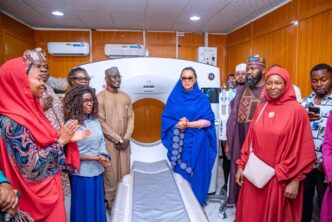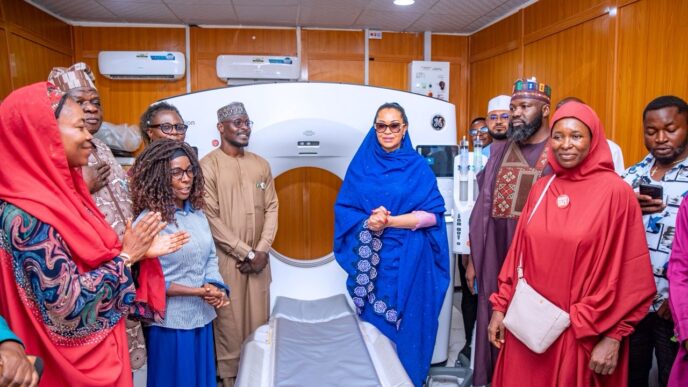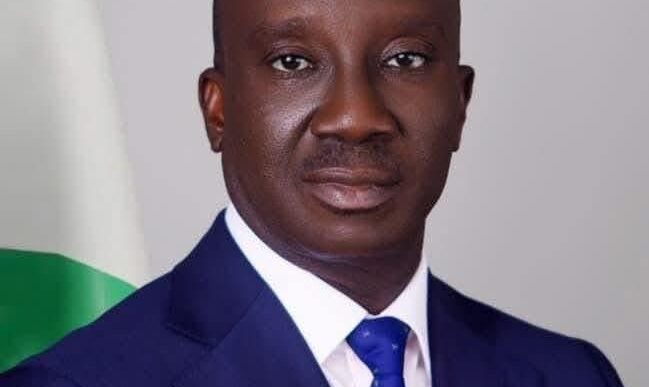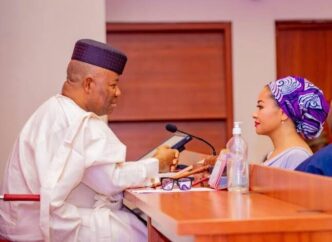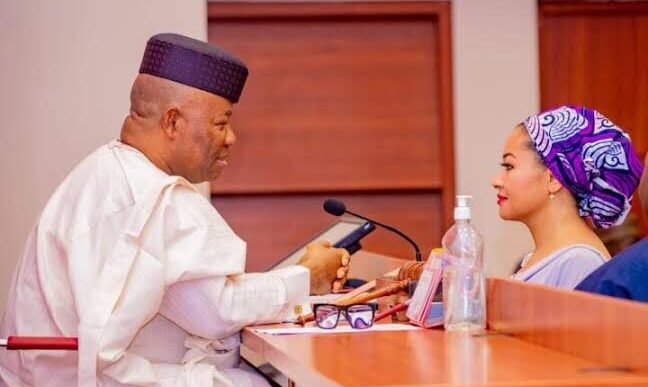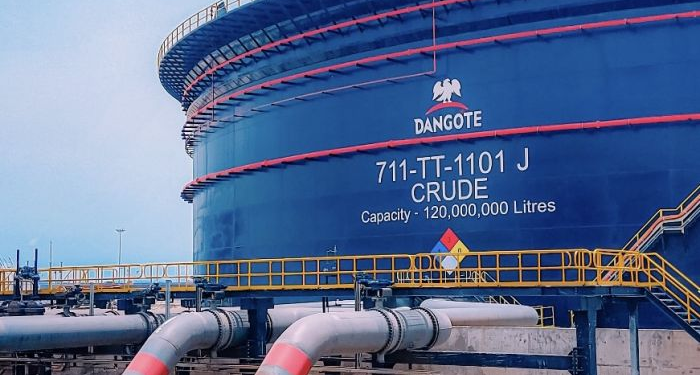The Federal Government has obtained a $747 million syndicated loan to fund Phase 1, Section 1 of the Lagos-Calabar Coastal Highway project.
Gatekeepers News reports that Mohammed Manga, Director of Information and Public Relations at Ministry of Finance said the loan will cover the construction of a 47.47-kilometre stretch from Victoria Island to Eleko Village in Lagos.
Manga noted that this marks Nigeria’s first syndicated infrastructure loan of such magnitude, signaling renewed confidence from global investors in the country’s economic reforms and infrastructure development plans.
The loan was coordinated by Deutsche Bank, which acted as the global coordinator, lead arranger, and bookrunner, in collaboration with other regional and international financial institutions.
The Islamic Corporation for the Insurance of Investment and Export Credit (ICIEC) provided partial risk insurance to cover political and commercial aspects of the project.
Other financial partners include First Abu Dhabi Bank (serving as facility agent and intercreditor agent), African Export-Import Bank, Abu Dhabi Exports Office (ADEX), the ECOWAS Bank for Investment and Development (EBID), Nexent Bank N.V., and Zenith Bank through its international branches.
The project, structured under an EPC+F model (Engineering, Procurement, Construction, and Financing), was awarded to Hitech Construction Company, a leading Nigerian infrastructure firm.
This approach fosters a strategic partnership between the government and private sector, aligning financial solutions with execution efficiency and enabling swift project delivery.
According to the ministry, over 70% of Phase 1, Section 1 has already been completed. The highway is being built with Continuously Reinforced Concrete Pavement (CRCP), designed to last a minimum of 50 years with low maintenance.
The project is also guided by rigorous technical, legal, environmental, and social assessments that meet global standards.
Lagos-Calabar Coastal Highway is expected to serve as a key logistics and trade corridor, promoting regional integration, tourism, and economic growth while reducing transportation costs and creating jobs.
A tolling system is being finalised to ensure financial sustainability, and plans for financing future phases are underway with growing interest from global and regional investors.
Finance Minister Wale Edun described the transaction as a milestone in Nigeria’s infrastructure financing journey, emphasizing its alignment with the government’s reform agenda and its dedication to transparency and sustainable development.
He said the deal reflects international investors’ renewed interest in Nigeria’s market and the administration’s commitment to public-private partnerships in infrastructure delivery.
Minister of Works David Umahi also praised the transaction, describing it as a strong endorsement of the country’s economic reform drive. Dany Abboud, Managing Director of Hitech Construction, expressed pride in the progress made so far, stating that the use of CRCP technology ensures world-class durability and efficiency.
ICIEC CEO Khalid Khalafalla echoed these sentiments, affirming that the project would improve regional trade, reduce congestion, and drive inclusive growth.
He also highlighted its potential to create jobs, build local capacities, and support small and medium-sized enterprises, reinforcing ICIEC’s commitment to sustainable development across West Africa.

